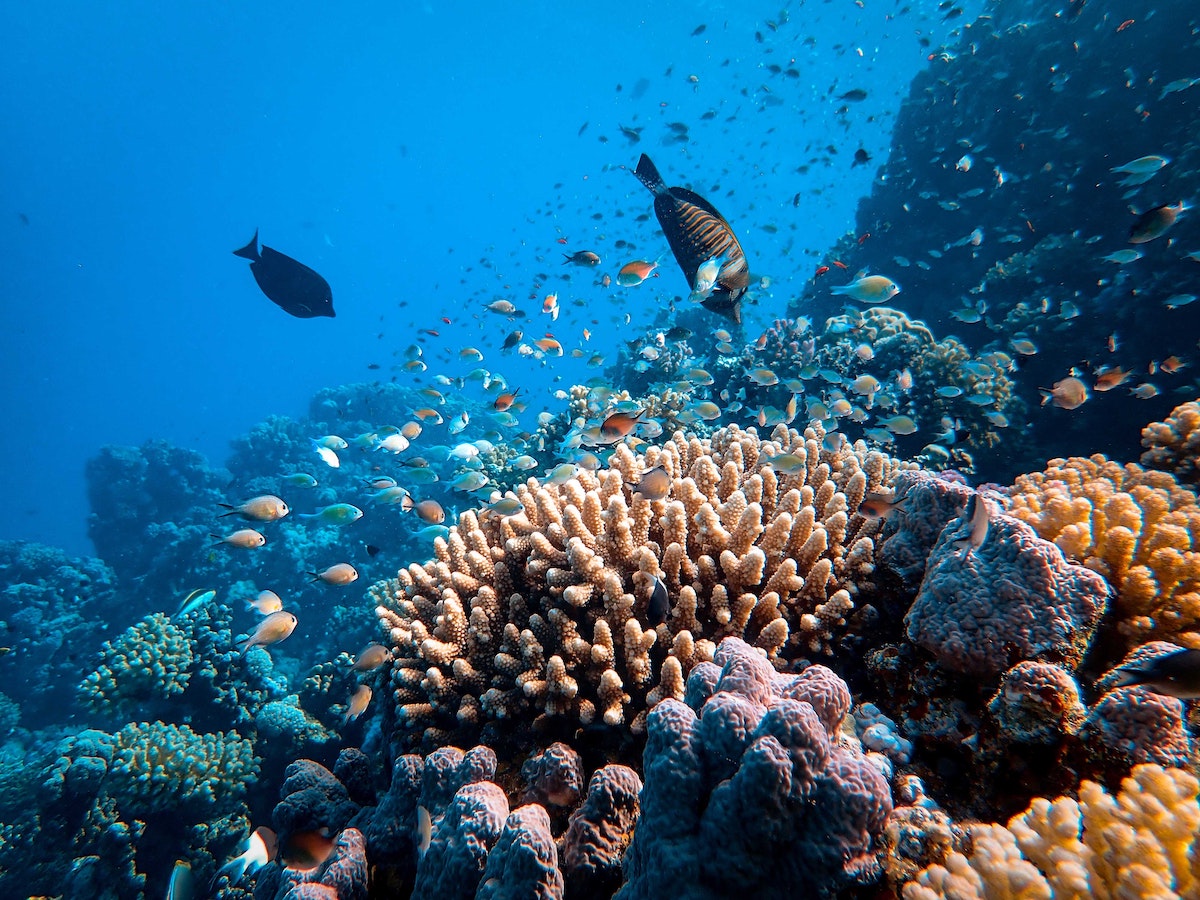-
Research Brief: Regional variations in projections of recent changes in the western boundary currents
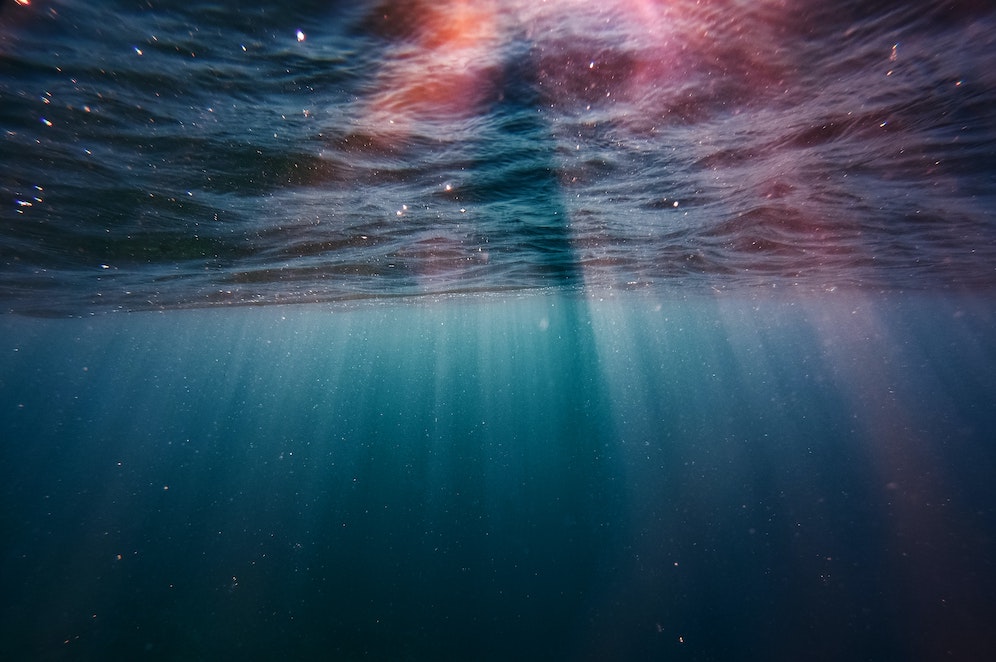
Strong ocean currents are found on the western side of the ocean basins, which flow from the tropics toward the poles in both hemispheres. These western boundary currents have shown strong changes in the last few decades, resulting in intensified ocean warming and are projected to amplify further in the future.
-
Research brief: Measuring spread in spatio-temporal changes of ocean heat content estimates
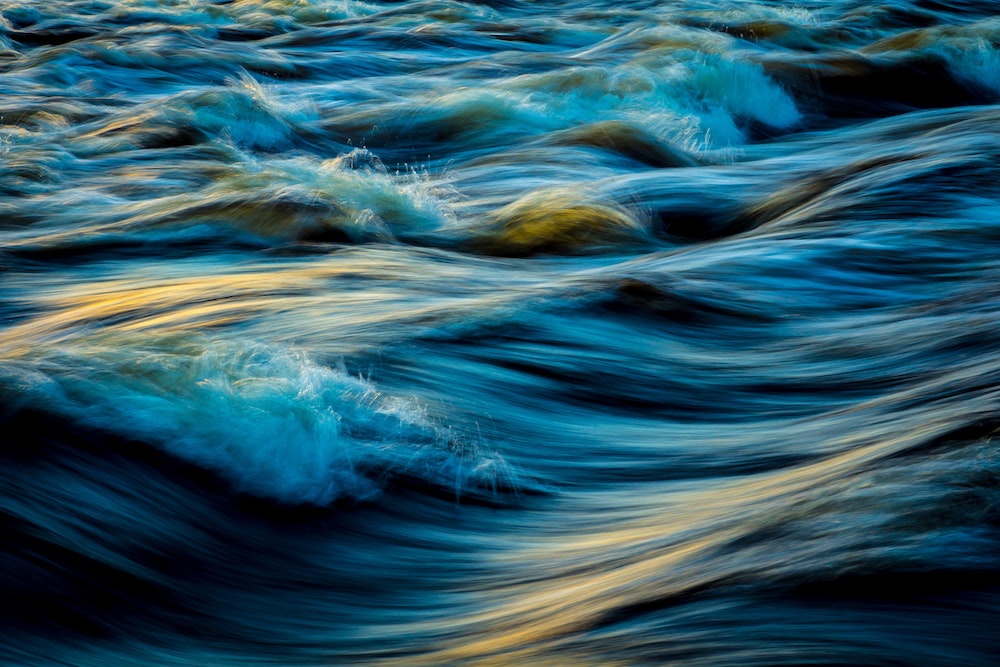
90% of the heat trapped on Earth by anthropogenic greenhouse gasses is absorbed by the ocean, with the unfortunate by-product of thermosteric sea level rise – as the ocean warms, it expands. Therefore, it is essential that we can accurately measure how much heat the ocean is absorbing over time.
-
Research brief: New comprehensive review of Indian Ocean systems and interactions
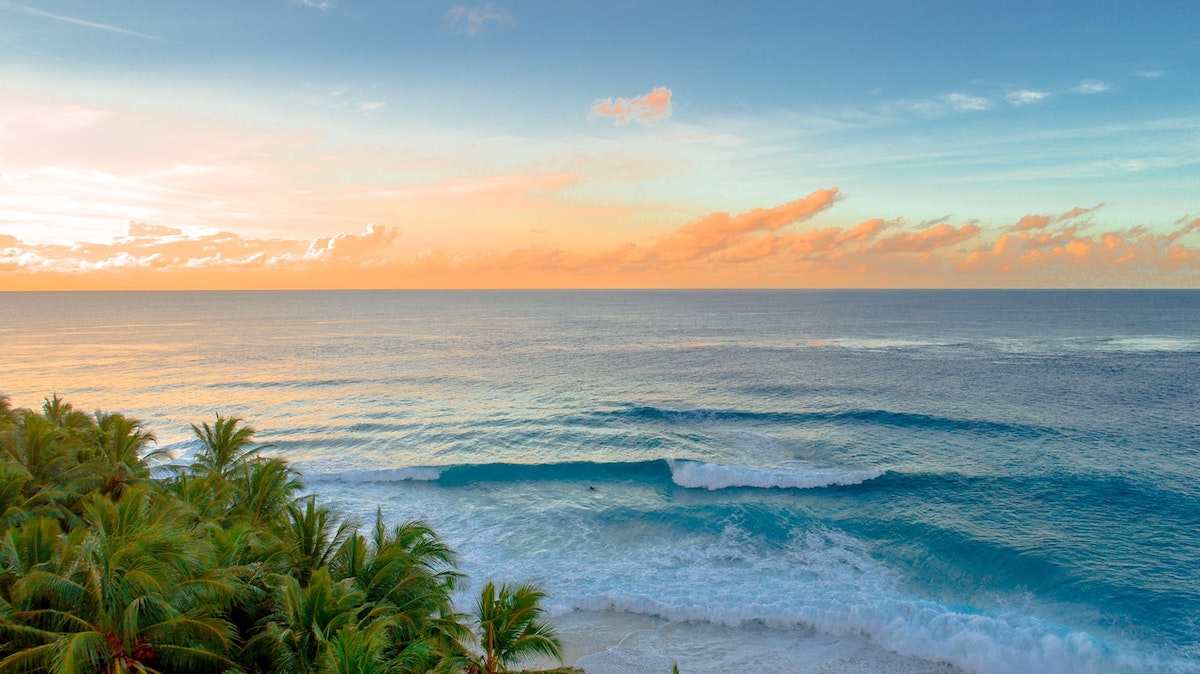
This review brings together a new understanding of the ocean-atmosphere system in the Indian Ocean since the last comprehensive review, describing the Indian Ocean circulation patterns, air-sea interactions and climate variability.
-
Research brief: The path to a sustainable future using marine-based mitigation measures
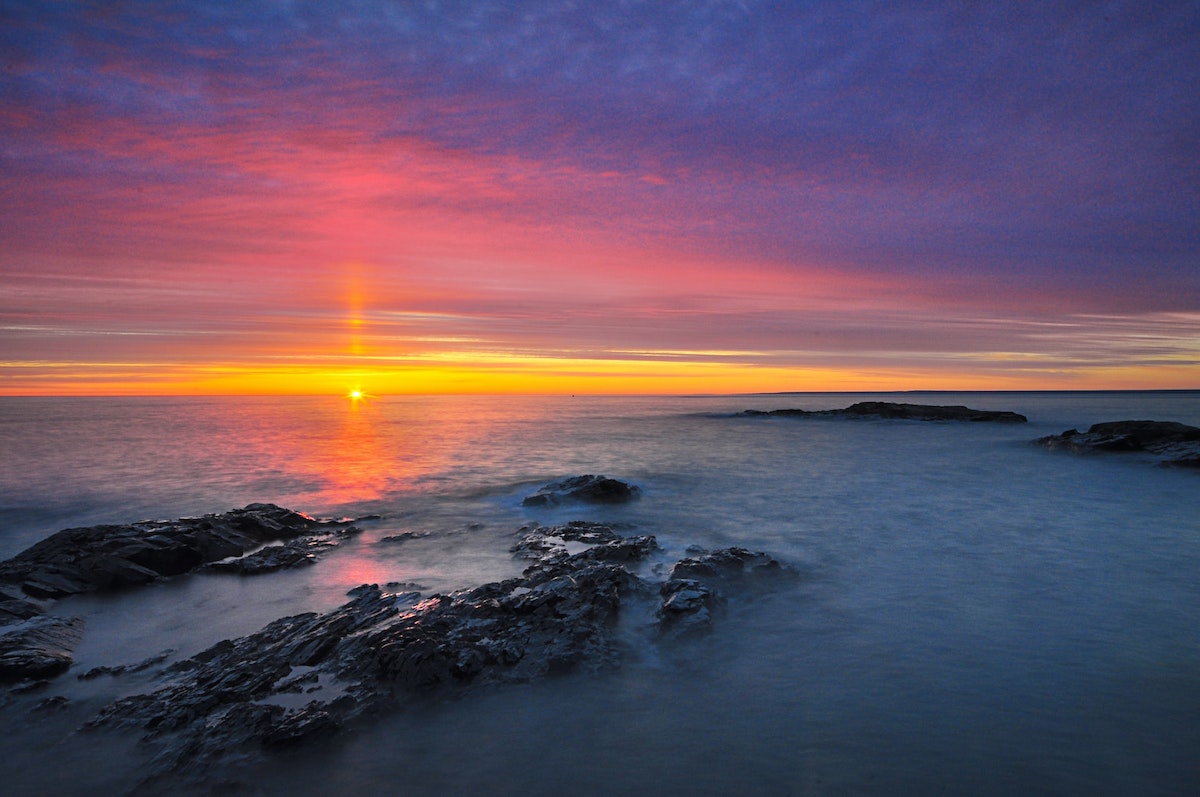
In this paper, as part of the Future Seas project, the researchers built upon previous work by using a foresighting scenario analysis technique to envision two alternative possible futures for society by 2030, in the context of the challenge of climate change adaptation and mitigation.
-
Australian bushfires spawn massive phytoplankton bloom
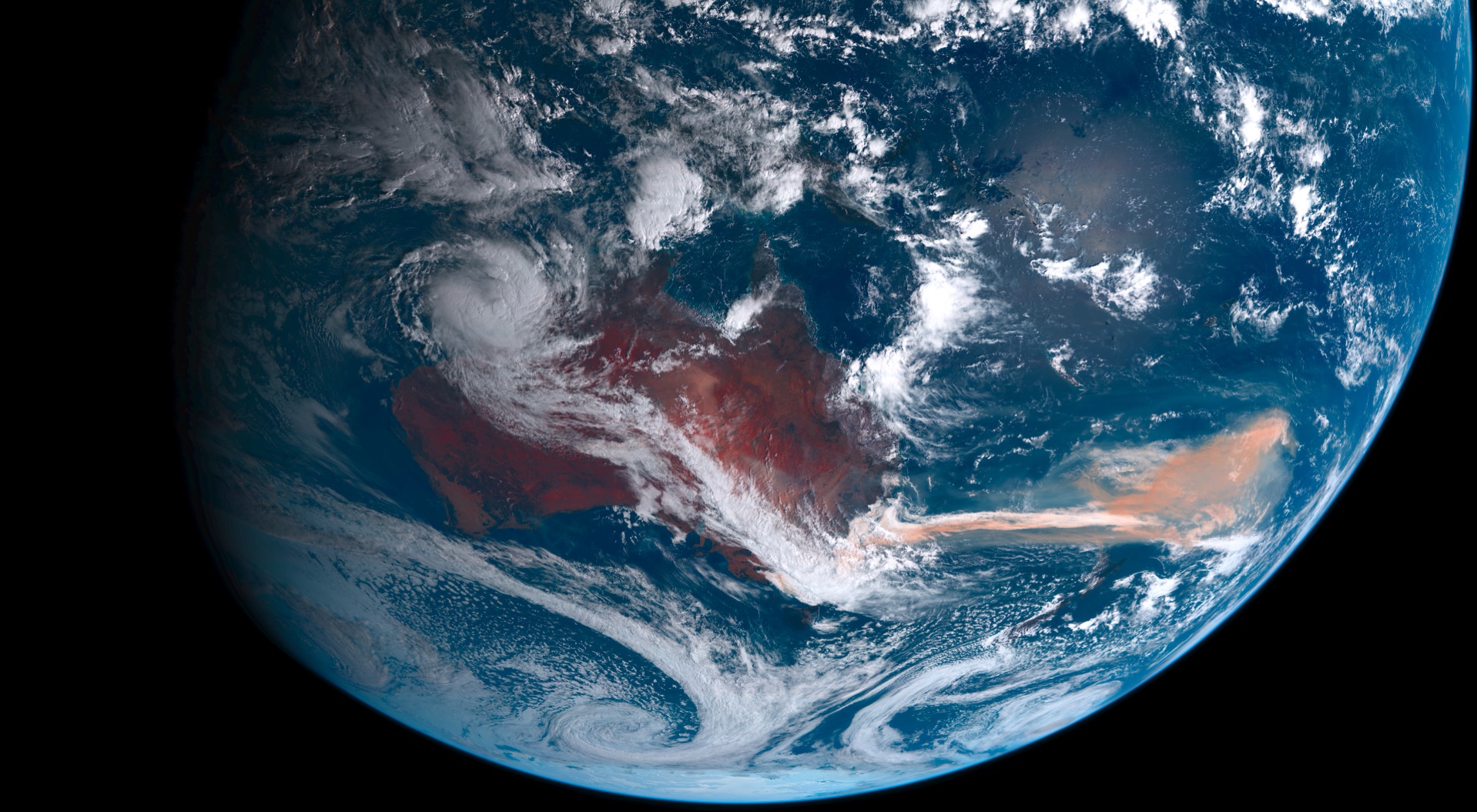
The Australian bushfires of the 2019/2020 summer had far-reaching effects. It has now been revealed in new research published in Nature that the smoke produced a phytoplankton bloom larger in area than all of Australia, thousands of kilometres away in the Southern Ocean between New Zealand and South America.
-
Research brief: How Arctic primary production will alter with climate change

Predicting how much primary production will further increase in the Arctic Ocean in coming decades depends on the interplay between the increase in light for primary producers, as the sea ice extent and thickness decrease, and the availability of food in the form of nutrients, such as nitrate, phosphate, and silica.
-
Research brief: Climate change to cost Pacific tuna fisheries millions
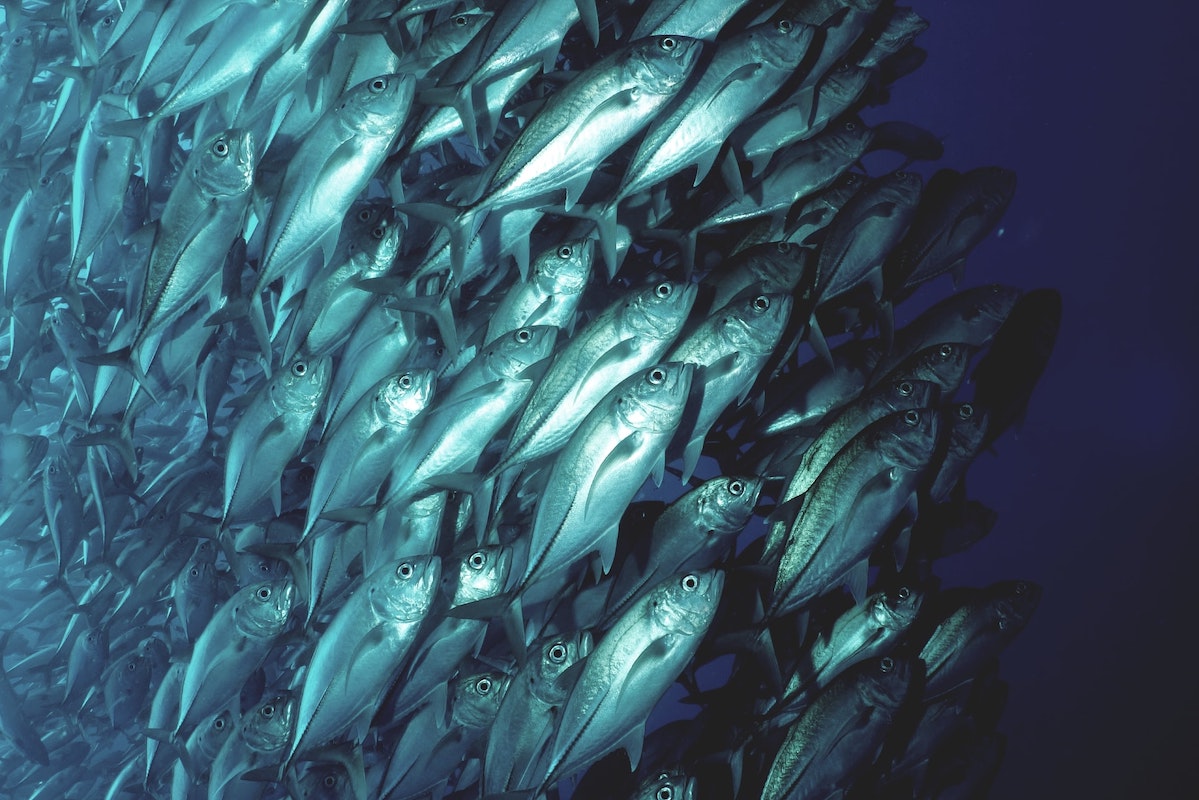
Using model simulations of the movement of tuna distributions across the tropical Pacific subject to projected ocean changes, the researchers found that without strong mitigation efforts, tuna distributions are likely to shift away from island fishing zones.
-
Antarctic climate variations found to originate north of Australia
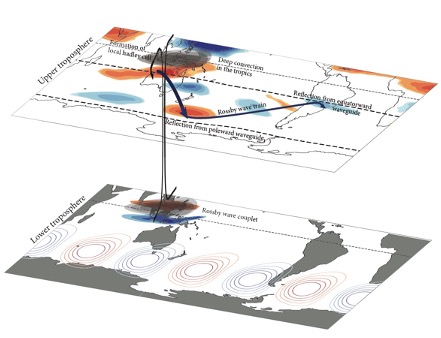
CLEX researchers have overturned a scientific paradigm that has existed for 50 years. New research published in Nature Geoscience shows the massive convection caused by the ocean just north of Australia, causes a chain reaction that is strong enough to put an almost permanent dent in the powerful winds that circle the Antarctic.

